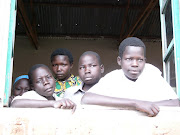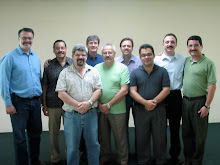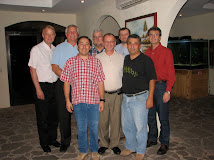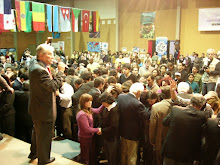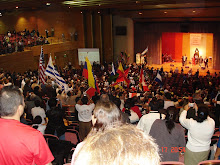Of course, there were theological details at play, which the author of the presentation herself would acknowledge, but what about the war? The deaths? The lives? And the churches? What about the Christians who live and suffer this cruel reality? Are there no words? No gesture? Will they, once again, simply be abandoned?
Day of Abandonment!
It was September 25, 2024, the fourth day of the Congress. The day is set: abandonment. The day was marked by the tears of the brothers and sisters of the Palestinian churches. Attention! They are present, and despite the thousands of tears they have shed over these long months, once again they came and went hot. They arrived while surrounded by thousands of Christians from the most diverse places who, once again, rarely noticed the tears of a suffering, persecuted, and declining Church. The feeling of abandonment cannot be deeper, more painful, or more incredible.
Incredible in many ways. Incredible that it was triggered by this email sent by those who had approved the arrival of these Palestinian Christians. Incredible because it happened on a day when the persecuted and suffering church was being discussed, while the silence around the Palestinian church spoke loudly. A silence that said the global church did not care. Did not need them, echoing one of the event’s topical phrases denouncing the sin of isolationism: I don’t need you.
The brothers and sisters already knew about this abandonment, but they did not know it hurt so much to live it alongside those who passed by, using an image we understand.
The abandonment cannot be more painful and denounces a fractured and bruised body. Body of Christ.
Day of Embrace
I saw it! I saw that there were also other tears. Tears that sprang from other tearful eyes and, born from the depths of the soul, wanted to express repentance and solidarity. It is a fact. There are many others who have tears to shed. There are many other souls who, in solidarity, have space to cry.
Let us move our bodies in search of the painful tears of these brothers and sisters, in search of transforming the day of abandonment into the day of embrace.
Let it be known. It is necessary to go slowly because before embracing, it is necessary to recognize the abandonment, and even the neglect, to which we subjected these churches and these brothers. It is necessary to do what this event has called us to: repentance. Penitence, it was said many times.
Now, as we have seen here, repentance is not abstract but real and has several facets. To enumerate them, it is necessary to listen to our brothers and sisters from Palestine so that we can internalize their cries. The cry to be recognized and not forgotten and ignored. The cry of not being victims of a theology that has no place for them as participants in the “Israel of God.” The cry that asks for the suspension of the sending of weapons by which they will be killed and for a prompt ceasefire and end of the war. The cry for participation in the reconstruction of both the church and their communities, as a sign of a God who does not abandon but is present and does so through His body.
Then, and only then, can the day of abandonment be followed by the day of embrace. An embrace that, with true eschatological hues, can begin with the exchange of tears.
Can we expect another email?
Valdir Steuernagel has been part of World Vision since 1989, where he has served as both the national and international council chair of the organization. He currently serves as an ambassador for World Vision Brazil and the Brazilian Evangelical Christian Alliance, as well as a columnist for Ultimato magazine. He is a Lutheran pastor with a master's degree and a PhD from the Lutheran School of Theology in Chicago, United States.
https://www.elblogdebernabe.com/2024/09/from-abandonment-to-embrace-palestinian.html
















